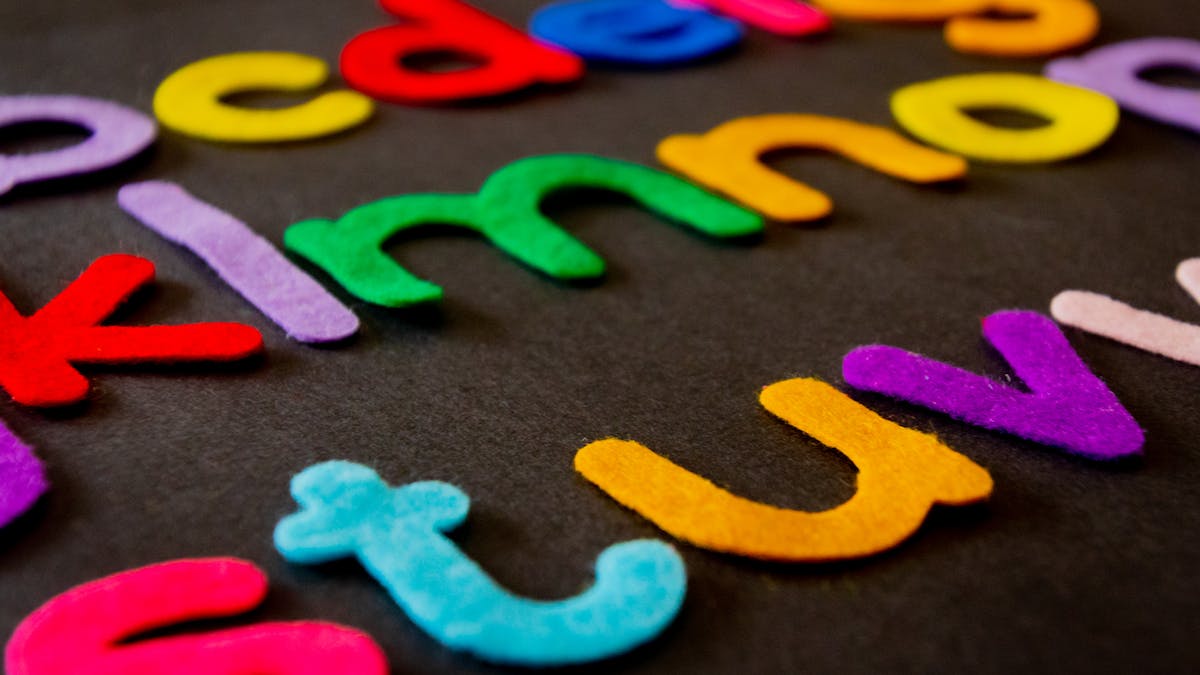Understanding Dyslexia
Dyslexia is a neurological condition that affects language processing, particularly reading. Individuals with dyslexia may struggle with decoding words, recognizing sight words, and reading fluently.
Characteristics of Dyslexia
- Difficulty with phonological processing
- Poor spelling and writing skills
- Challenges with reading comprehension
Support for Dyslexia
- Multi-sensory instruction: Engage senses — such as visual, auditory, and kinesthetic — to reinforce learning.
- Assistive technology: text-to-speech, audiobooks, speech recognition software
- Extended time for tasks
Understanding Dyscalculia
Dyscalculia is a learning difference that affects mathematical skills. Those with dyscalculia might have difficulty with understanding numerical concepts, performing calculations, and grasping mathematical reasoning.
Characteristics of Dyscalculia
- Difficulty with number sense
- Challenges with mathematical operations
- Poor sense of time and spatial concepts
Support for Dyscalculia
- Concrete, hands-on learning: Manipulatives and real-world examples
- Visual aids
- Use of technology, such as apps designed to enforce math concepts with engaging and interactive activities

